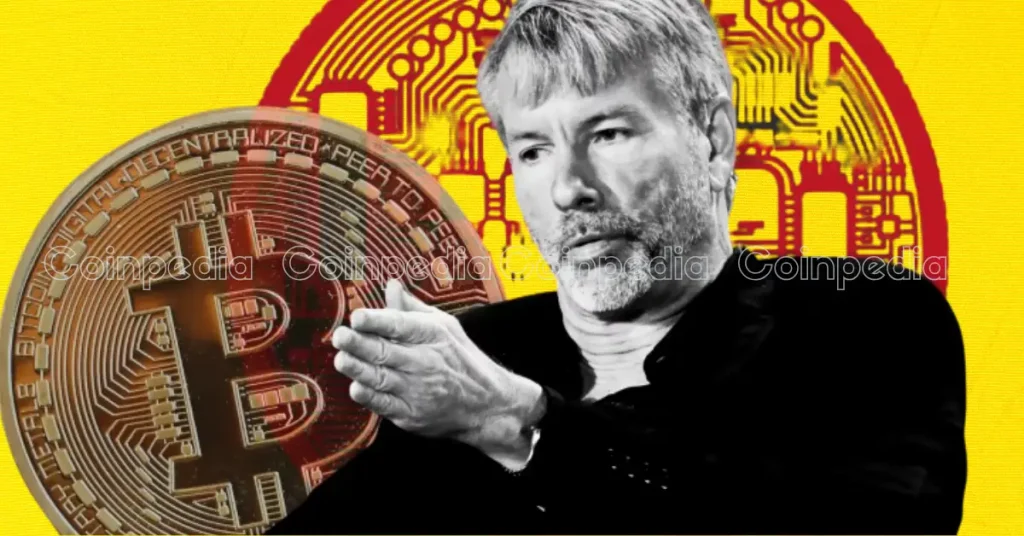
PayPal has rolled out a new crypto payment feature in the US, enabling merchants to accept more than 100 cryptocurrencies at checkout, including Bitcoin, Ethereum, and USDT.
The move comes amid growing regulatory clarity following the introduction of the GENIUS Act, which has spurred major financial companies to expand their digital asset offerings.
Branded as “Pay With Crypto,” the feature is being offered with a 0.99% transaction fee for the first year, giving PayPal merchants an alternative to traditional cross-border payment methods.
Merchants can now accept Bitcoin, Ethereum, and memecoins
The Pay With Crypto feature allows US merchants to receive payments in US dollars or PayPal USD (PYUSD) after customers pay using cryptocurrencies through third-party wallets like MetaMask, Binance, and Coinbase.
The list of supported coins includes Bitcoin, Ethereum, USDT, XRP, Solana, and even memecoins such as TRUMP and FARTCOIN.
Unlike traditional cross-border payments, which often carry high processing fees and delays, the crypto checkout system converts crypto to fiat in real time and deposits the funds directly into the merchant’s account.
This eliminates the need for merchants to manage cryptocurrency wallets or go through separate exchanges.
For the first 12 months, PayPal will charge merchants a reduced transaction fee of 0.99%, increasing to 1.5% thereafter.
By comparison, international credit card payments often attract fees in the range of 2% to 4%, making PayPal’s offering competitive for small and medium-sized businesses engaging in global commerce.
PayPal stablecoin PYUSD at centre of integration
PayPal’s stablecoin PYUSD plays a key role in this new offering, serving as a bridge between crypto assets and fiat currencies.
Payments made in unsupported or volatile tokens may be routed through decentralised exchanges like Uniswap before being converted to PYUSD or USD for merchants.
However, PYUSD is still undergoing regulatory scrutiny.
It has not yet received approval from the New York State Department of Financial Services (NYDFS), limiting its availability for New York-based users and businesses.
This regulatory gap could affect early adoption in one of the US’s most active financial markets.
Moreover, PYUSD and all supported cryptocurrencies on Pay With Crypto are not insured by the Federal Deposit Insurance Corporation (FDIC) or the Securities Investor Protection Corporation (SIPC).
This means users and merchants are exposed to asset loss in case of technical failure or insolvency.
GENIUS Act drives stablecoin shift towards payments
The feature launch follows the passage of the GENIUS Act, which limits interest-earning on stablecoins and refocuses their use toward payments and trading.
As a result, issuers like PayPal are redesigning their offerings to prioritise speed, low fees, and integration into real-world transactions.
The GENIUS Act has also provided clearer legal parameters for companies operating in the stablecoin space.
While PYUSD is yet to secure full approval in all jurisdictions, the broader framework has encouraged PayPal and others to invest in crypto infrastructure for global trade.
Cross-border crypto payments expected to grow
The introduction of Pay With Crypto comes at a time when businesses are actively seeking low-cost, compliant alternatives to move money across borders.
Traditional options often involve intermediaries, long settlement times, and conversion losses.
In contrast, crypto transactions can settle within minutes and reduce reliance on banking networks.
By simplifying integration and enabling auto-conversion, PayPal’s new feature could position it as a leading gateway for crypto payments in retail.
The long-term success, however, will depend on regulatory approvals, stablecoin trust, and market response from both merchants and customers.
The post PayPal launches crypto checkout for US merchants, accepting 100+ coins including BTC appeared first on Invezz















 English (US) ·
English (US) ·